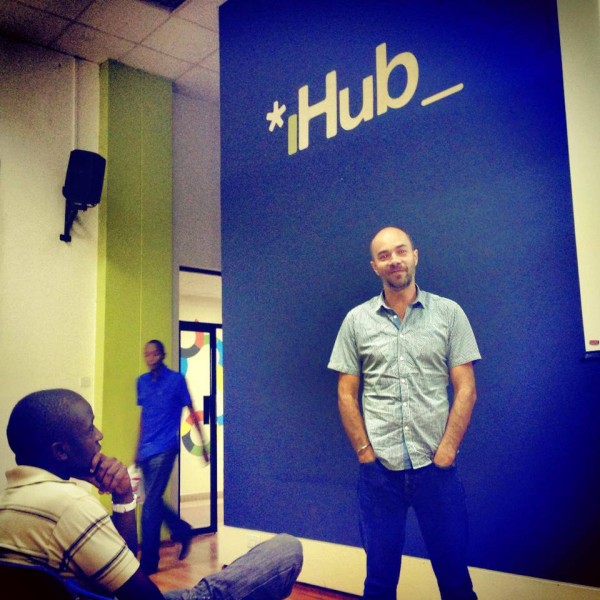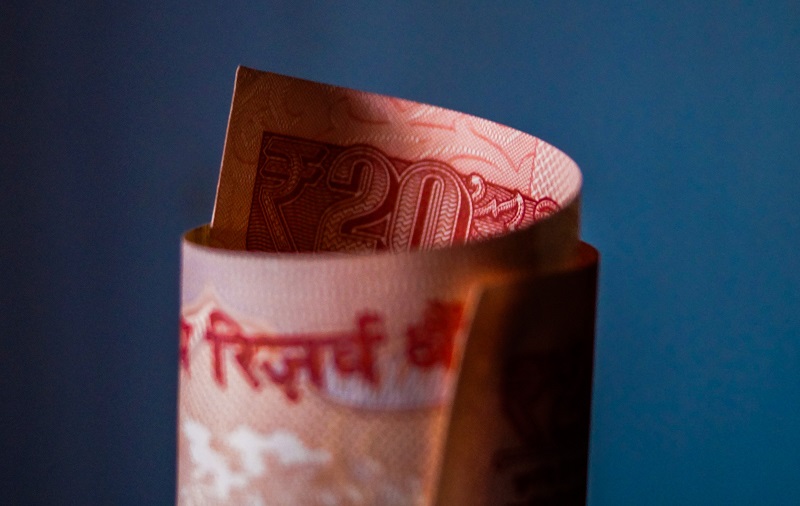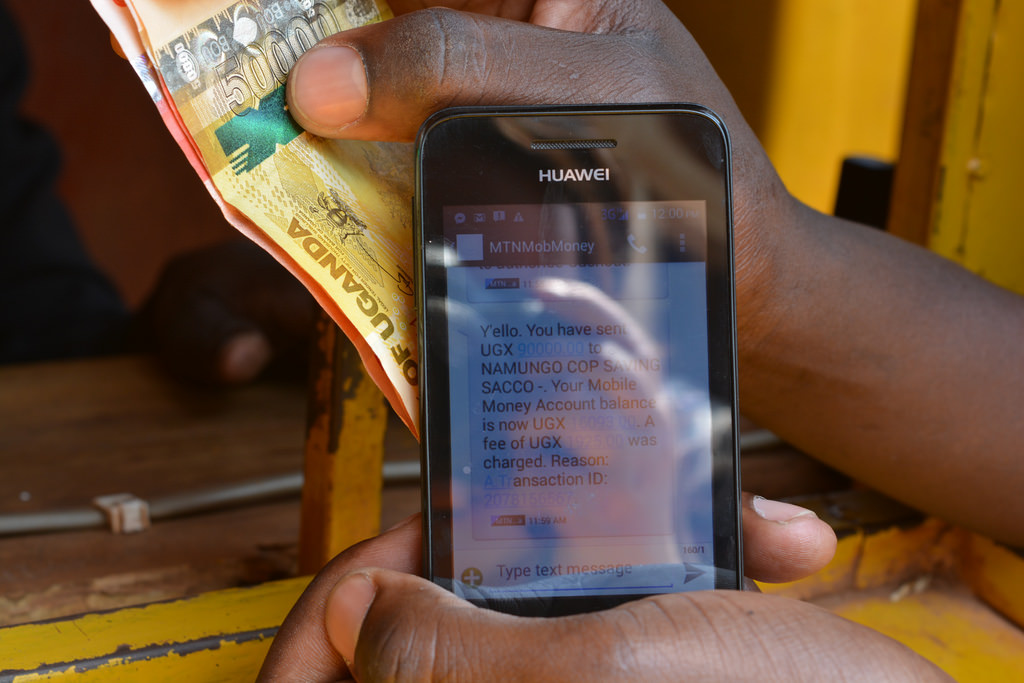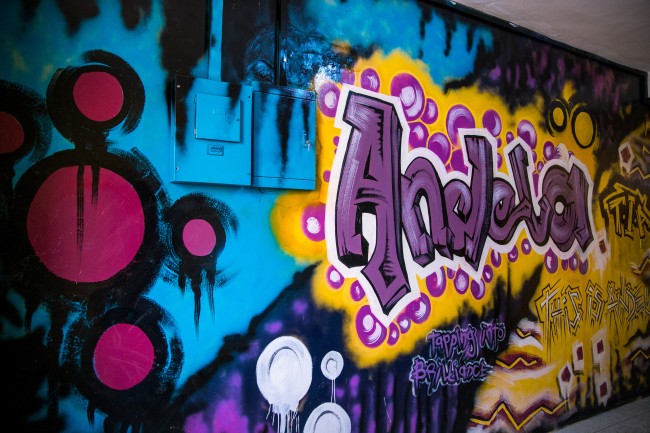Well. This was unexpected! I just stumbled on this blog post which seems to authoritatively confirm that Safaricom has finally launched Fiber To The Home (FTTH) Internet services in Kenya.
This has been a long time coming and it seems they are just getting started within the expansive Nyayo Embakasi Estate in Nairobi. The ‘Vuma@Home’ Internet service according to the blog post will be 5Mbps of bandwidth with a free WIFI router for an impressively low price of Kes. 2,999.00 per month.
Even better is that Safaricom does NOT have set-up charges for making the incentive to sign-up quite mouth watering, whichever way you look at it. In addition, according to the blog post, Safaricom will give one month free for those who sign-up so the first two months of access will cost approximately Kes. 1,500 per month (are you kidding me?!).
I recently did a blog post here comparing the Faiba 5Mbps service to the Zuku8Mbps. Their prices are significantly higher with Faiba offering 5Mbps at Kes. 5,000.00 per month plus set-up fees whereas Zuku is offering 10Mbps for Kes. 4,000.00 per month which includes cable TV and a fixed phone line service, plus set-up fees.
Now, the caveat is that Safaricom seems to be using a peripheral strategy by targetting Embakasi where Zuku or Faiba may not yet be operational and therefore will be well placed to win that market, rather than targeting their well established strongholds like Parklands, Westlands, Kileleshwa, Karen, etc. The costs involved in rolling out fiber networks are substantial so better to go where there is limited or no competition which is a perfect strategy for Safaricom.
One has to wonder if Safaricom is using the roll-out of its home Internet service as a trojan horse for other value-added offerings? What comes to me as top of mind could be that of cable TV. Its been rumoured for the last couple of years or so that Safaricom intends to enter the cable TV business so as to offer a triple play propoosition in the same vein as Zuku. It would be a stroke of genius should they go in this direction and possibly partner with Multichoice’s DSTV to stream their broadcast content – which they already do on their mobile streaming service.
Alternatively, they could very well offer a competing proposition to DSTV with on-demand content like movies and live sports with a ‘pay as you go’ pricing model. Given that M-Pesa has effectively become the currency of choice for over 18 million mobile users in Kenya, Safaricom would be able to instantly integrate a suitable payment channel for on-demand streaming video content. This model is already working wonders for Netflix globally and could be replicated by Safaricom in Kenya.
Going forward, I would hate to be Zuku or Faiba right now since Safaricom has finally fired their salvo in the battle for Kenya’s fiber-based home Internet services space. The truth is that Safaricom has over the last 5 years or so forced a good number of consumer-focussed Internet Service Providers (ISPs) out of business thanks to their 3G service.
Safaricom is also in effect the largest ISP in Kenya with millions of customers thanks to their mobile Internet offerings that actually work really well. Therefore, from this perspective, its going to be a challenge for the likes of Zuku and Faiba to keep them at bay given the precedence. Not to overuse the phrase but Safaricom could once again disrupt the status quo.
This post first appeared on Moses Kemibaro’s blog.
Photo Credit: incurable_hippie via Compfight cc



















